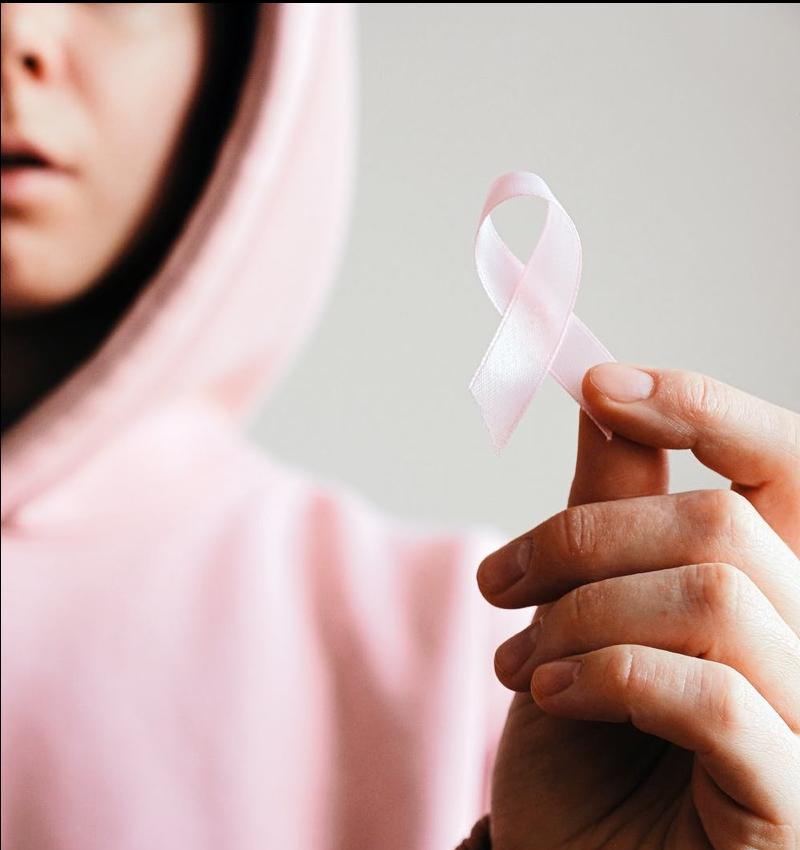
Vitamin D from supplements may reduce the risk for breast cancer in women with relatively low vitamin D intakes, suggest study findings published online in the American Journal of Clinical Nutrition. The study also found a significant inverse trend for higher calcium intakes but no interaction between vitamin D and calcium. However, no associations were found between overall combined vitamin D or calcium intakes from food and supplements and breast cancer risk.
It is unclear whether the possible association between dietary vitamin D and reduced breast cancer risk is confounded or modified by calcium and vice versa, Laura N. Anderson, from Population Studies and Surveillance, Cancer Care Ontario, in Toronto, Canada, and colleagues note in their article. It is also unclear whether the association between dietary vitamin D and breast cancer differs by menopausal status.
To investigate these uncertainties, the researchers used the Ontario Cancer Registry to identify 3101 women aged 25 to 74 years diagnosed between June 2002 and April 2003 with a first pathologically confirmed breast tumor (case patients). The researchers used random-digit dialing methods to identify 3471 matched women without breast cancer (control subjects). All of the women completed an epidemiologic questionnaire and a modified Block food frequency questionnaire that measured 178 foods and supplements.
Supplemental vitamin D at more than 10 µg/day (400 IU/day) vs no supplemental vitamin D was associated with a reduced risk for breast cancer (adjusted odds ratio [OR], 0.76; 95% confidence interval [CI], 0.59 - 0.98). However, no dose-response relationship was observed. Current dosage recommendations from the Vitmain D Council come in around 5000 IU/day or more, and other recommend even more at times for various conditions, and Dr. Afghani regularly recommends 5000-8000 IU/day to rebuild and maintain adequate levels for overall health, and in some cases more!
The study authors note that the mean intake of vitamin D in study subjects was low. Only 13% of case patients and 14% of control subject reported using single-product vitamin D supplements or cod liver oil. No associations were evident between total combined vitamin D intake or vitamin D intake from foods alone and breast cancer risk.
In addition, there were no statistically significant associations between calcium intake from foods, supplements, or total combined intake and breast cancer risk; however, a significant inverse trend was noted across categories of calcium supplement use (P for trend = .04). Calcium supplement use was more common in study participants than was vitamin D supplement use; 33% of case patients and 35% of control subjects took calcium.
Moreover, the results "do not suggest an interaction between calcium and vitamin D intakes, and these 2 variables did not confound each other," according to the researchers. There were also no significant interactions between vitamin D, calcium, or menopausal status, and multivitamin use was not associated with breast cancer risk.
The study authors point out that measuring vitamin D or calcium from foods as opposed to supplements may be more prone to misclassification (potentially biasing results toward the null). It is also possible that foods containing vitamin D and calcium contain other detrimental components that counteract the potential benefits from vitamin D, such as dietary fat in milk. Furthermore, the possibility that the observed associations were the result of chance or residual confounding cannot be ruled out; however, the finding that multivitamin use was not associated with breast cancer risk suggests that the associations are not because of residual confounding by other unmeasured healthy lifestyle traits among supplement users.
Strengths of the study, the authors say, include its large sample size, population-based recruitment of case patients and control subjects, and high response rates.
Limitations of the study include observational design, possible misclassification of measurement of vitamin D or calcium from foods vs supplements, and possible chance results or residual confounding.
"Further research is needed to investigate the effects of higher doses of vitamin D and calcium supplements," the researchers conclude.
The study authors have disclosed no relevant financial relationships.
Am J Clin Nutr. Published online April 14, 2010.
http://www.vitamindcouncil.org/
Picture Source:
https://www.pexels.com/search/cancer/
www.atlanticchirofl.com
Dr. Philip Afghani and Dr. Yahaira Roman are Chiropractors at our Port Orange Chiropractic office Atlantic Chiropractic and Wellness Center in Port Orange, FL. Our Port Orange office serves the chiropractic, prenatal and pregnancy care, nutrition, physical therapy, rehabilitation, and natural healthcare needs of the communities of Port Orange, South Daytona, Daytona Beach, Holly Hill, Ormond Beach, Ponce Inlet, New Smyrna, Oak Hill, Edgewater, Bunnell, and Palm Coast. Our office can be reached at (386) 492-4881.
Our Chiropractors have additional specialized training in sports chiropractic, sports injury care and injury prevention, pre-natal and pediatric chiropractic care, whiplash and trauma care following motor vehicle accidents, nutrition, corporate wellness, and many other aspects of natural health. We are here to serve your natural healthcare needs.
